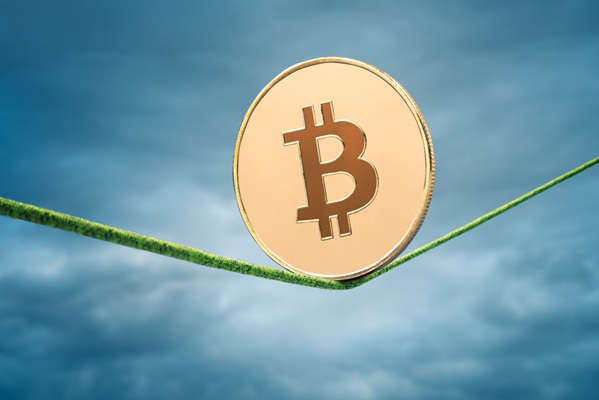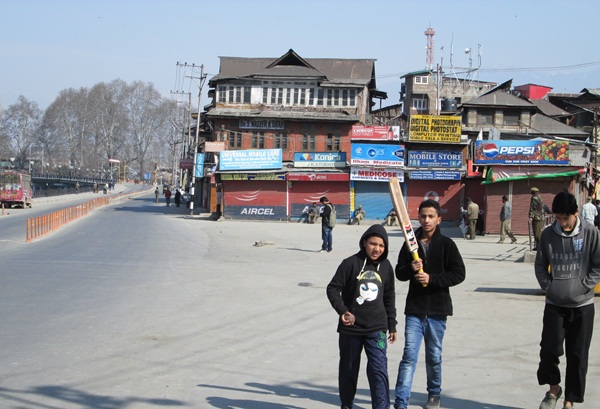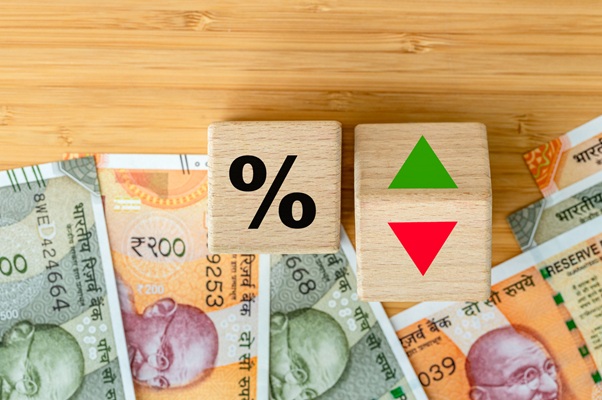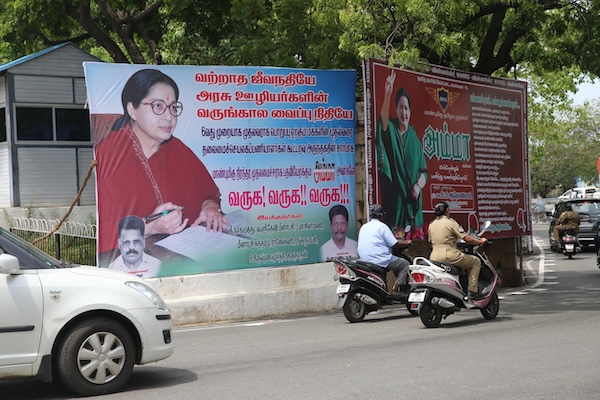.png)
Bitcoin’s Rorschach Test: What Metaplanet’s Bold Hoard Says About Resilience
Don't focus on the Bitcoin you can't hold. Focus on the volatile mindset you can master. That's the real strategic hedge.


Kirti Tarang Pande is a psychologist, researcher, and brand strategist specialising in the intersection of mental health, societal resilience, and organisational behaviour.
September 25, 2025 at 1:42 PM IST
As an Indian, you’re watching a silent, high-stakes race from behind a regulatory fence. So, the recent news that Japan’s Metaplanet has acquired another 5,419 Bitcoin, bringing its total holdings to 25,555 BTC, is a financial headline that, on the surface, has no practical bearing on you. As an Indian CEO, investor, or policymaker, you operate within a clear regulatory reality: direct acquisition of cryptocurrencies like Bitcoin as a treasury asset is not permitted.
And yet, it holds a critical diagnostic question for you. Your instantaneous, gut reaction to Metaplanet’s latest accumulation of Bitcoin is a powerful Rorschach test for your leadership psychology. Do you see a reckless gamble, a dangerous distraction from core business? Or do you see a masterclass in resilience, a strategic hedge against monetary decay? Your answer reveals more about your approach to de-risking a daring bet than it does about Metaplanet’s balance sheet.
The point of introspection for you is not the volatility of Bitcoin, which you cannot legally hold. It is the volatility of your own mindset when faced with disruptive change. I see many discussions around cryptocurrency regulation directed at audiences who cannot yet act on it. I believe that observing crypto trends can instead be used as a tool for resilience. In disruptive times, an agile decision-making mind is the most valuable asset. Take Metaplanet’s move as a Rorschach test.
Mental Mirrors
This test begins in the brain. If your first reaction was anxiety, a faint alarm from the amygdala asking, “Are we being left behind?” then you are experiencing the pull of social proof and the mirror neuron system, which compels us to unconsciously mimic the actions of a perceived leading group. This is the neurological seed of herd mentality. Mirror neurons fire not just when we perform an action, but when we see someone else perform it. Is Metaplanet’s Bitcoin purchase a strategic play—akin to Saylor’s MicroStrategy—or simply a primal urge to follow the alpha?
If, however, your reaction was immediate dismissal, you may be in the grip of status quo bias, finding comfort in the familiar confines of traditional finance despite its potential long-term erosion. There is no neutral response. What you see in Metaplanet’s bet is a projection of your own biases, your own tolerance for strategic ambiguity, and your own definition of what constitutes a “daring” versus a “calculated” risk.
Herein lies the hidden advantage of India’s regulatory present. This enforced pause is not a constraint but a psychological “airlock,” protecting you from the pressure to make a rash, reactive decision. It is a gift of time to conduct the necessary pre-mortem on your own strategy. Gather your team and ask: “Imagine it is 2030. The regulatory landscape has evolved, and digital assets are a viable class. Our global competitors who moved early have gained a strategic edge. Why did we fail to prepare?” This exercise is not about planning to buy Bitcoin; it is about pressure-testing your capacity for strategic foresight. It forces you to confront biases like loss aversion—the tendency to fear potential losses more than we value missed opportunities—and to build the cognitive frameworks for evaluating future daring bets within any regulatory paradigm.
In your next boardroom discussion on global treasury trends, listen closely. When the conversation shifts from objective analysis—“What economic thesis are they acting upon?”—to anxious speculation—“What if we are the last ones to the party?”—you have witnessed the Rorschach test in action. That is the precise moment to pause and apply de-risking tools. Separate the emotional impulse from the strategic imperative. This practice cultivates a growth mindset, transforming the regulatory boundary from a cage into a training ground for building cognitive agility.
Indian leadership has always been distinguished by its wisdom and long-term vision. Today, that wisdom means using this unique moment not for speculation, but for introspection and preparation. The most valuable asset you can acquire is not a digital currency, but a crisis-proof decision-making framework. Start small: introduce a five-minute mindfulness practice at the start of key meetings to observe reactive impulses without being ruled by them. Schedule a quarterly pre-mortem to challenge your core strategic assumptions.
So, we return to the question. Does Metaplanet’s hoard look like recklessness or resilience? The most empowering answer an Indian leader can have today is: “It is a mirror. And what I see is an opportunity to master the one thing I can always control—the resilience, agility, and wisdom of my own mind.” Begin building it today.



